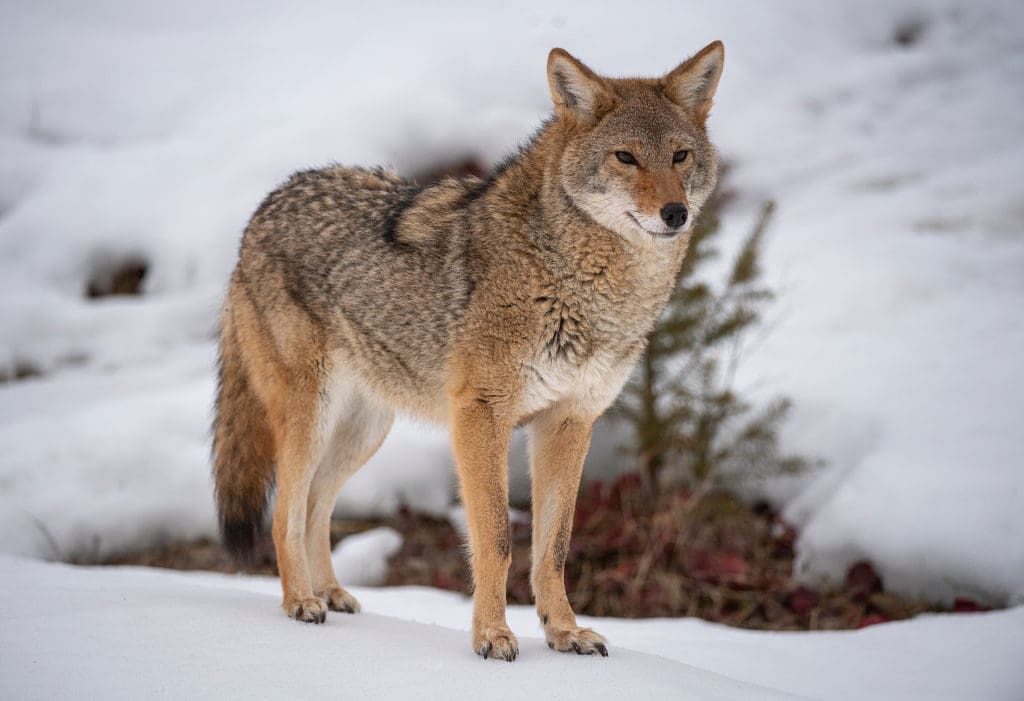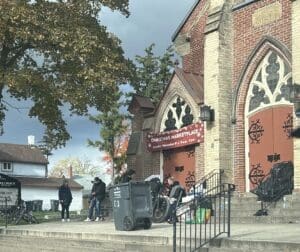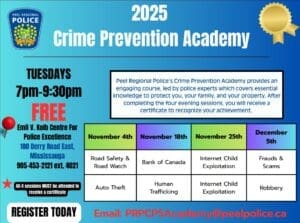It’s coyote denning season, which means it’s important to be aware of what to do when you spot a coyote.
Recently, Brampton Animal Services received reports of a coyote in a residential area near Major William Sharpe Park. The safety of the local community, including the nearby school, and wildlife is their top priority. Animal Services staff are attending the area daily to observe and engage in aversion conditioning techniques, which are methods used to encourage the animal to move from the area. They have also provided information to the school administration on how to interact with coyotes appropriately.
It’s essential to remember that municipalities and licensed trappers must abide by the provisions of the Fish and Wildlife Conservation Act when interacting with wildlife. They must abide by all municipal by-laws and other applicable laws, not harass, capture or kill more wildlife than is necessary to protect their property, deal humanely with wildlife that is killed, captured, or harassed, restrict activity to their property, not destroy the den of a furbearing mammal or a black bear without approval from the ministry, release captured live wildlife within 24 hours, release captured live wildlife within 1 kilometer of where they were captured, and release wildlife on private property only with the landowner’s permission.
Brampton is home to a range of wildlife, including beavers, geese, deer, rabbits, and coyotes. Coyotes can be seen throughout the year, but they are more visible during the winter denning season. During the summer season, coyote pups are just starting to venture out to learn and explore with their parents nearby.

To safely share the community with coyotes and other wildlife, Brampton Animal Services shares the following tips:
- While it may seem unusual to see coyotes on a city road or sidewalk, it is actually common. Coyotes are adaptable animals and thrive in rural areas, as well as in ravines, valley lands, and wooded areas in large cities like Brampton.
- To prevent coyotes from coming onto your property, never feed them or any wildlife. Only put your garbage out on the day of pick up, keep your garbage bins covered and in an area protected from wildlife, and cover any gaps in fences and under decks and sheds.
- If a coyote approaches you, stop, pick up any children or small pets you might have, make yourself appear bigger, be loud, throw sticks or rocks at the coyote to try and scare it off, and slowly back away.
Brampton Animal Services has been patrolling the school area and educating residents on coyote safety. They have distributed coyote safety flyers to several adjacent streets and observed several overflowing residential garbage containers, which can be a food source for coyotes. They have forwarded these locations to Property Standards for follow-up.
If you spot a coyote, report it using the online coyote sighting tool:
You may also call 311 to report coyote sightings by phone. If wildlife poses an immediate threat to public safety, call 911.
By being aware of how to safely share the community with coyotes and other wildlife, we can help ensure the safety of both the community and wildlife.
Learn more at, https://www.brampton.ca/en/residents/animal-services/pages/coyotes.aspx








